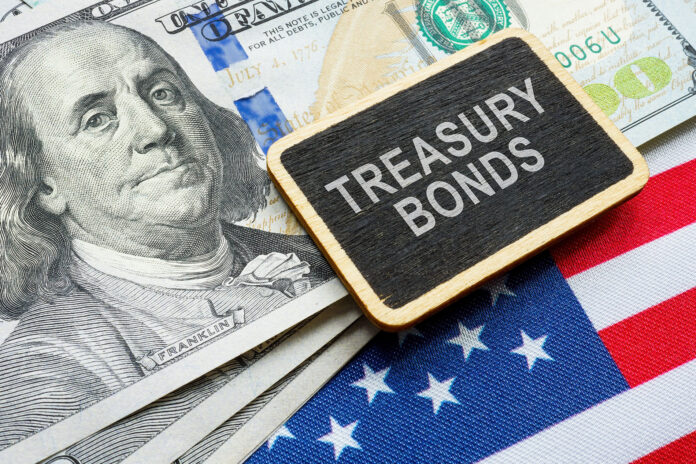Pushed by the downgrade, the 10-year Treasury yield reached 4.5% on May 19, 2025 which was an increase from its previous level. The downgrade lowered investors’ trust in the economy and also caused financial markets to be more volatile which led to higher interest rates and renewed concerns about how the U.S. handles its budget.
Credit Downgrade Sparks Market Jitters
According to Moody’s, the main reasons for the downgrade were the larger budget deficit, struggles in government leadership, and more trouble for the U.S. in renewing its public debt at higher loan interest rates. The move may not have changed anything, but it mirrored decisions by other major agencies to lower America’s rating in previous years.
The fact that S&P announced the downgrade on a Saturday afternoon led to stock losses on Sunday when investors returned to the markets. When prices dropped, the income from Treasury notes also increased. The yield on the 10-year Treasury note was 4.55,% and the yield on the 30-year Treasury note climbed over 5.0,2% which is the highest they have been since late 2023.
Understanding Treasury Yields and Investor Impact
Investors earn treasury yields for providing funds to the U.S. government. When people sell bonds, the prices decrease and the yields rise. When yields increase, inflation might be on the rise, which can make it more troubling for the government to gain funds. They also play a role in influencing interest rates for buying homes, borrowing for schoo,l and financing businesses.
When Treasury yields rise, daily Americans must spend more on debts, have fewer options for affordable credit and builders and entrepreneurs may experience some slower growth. Since the U.S. owes a lot more interest due to increased yields, the government’s deficit gets even larger and the need for the downgrade is not fully eliminated.
A Ripple Effect Across Global Markets
Impacts from the U.S. credit rating downgrade went beyond the Treasury market. Prior to opening, index futures fell noticeably. The Dow index futures went down by 300 points, while the S&P 500 fell 70 points and the Nasdaq fell another 300 points. Gold prices increased when people looked for safe investments, but crude oil prices weakened due to worries over the future state of the economy.
The move affected the currencies and bonds of other developing countries as well. A declining U.S. dollar led to the momentary improvement of the Romanian leu and South Korean won. Still, analysts said that continuing uncertainty in U.S. debt could end up impacting foreign markets and economic growth.
Also read: Call of Duty: Warzone Mobile Support Ending in 2025
Political Implications and Policy Debate
Moody’s announcement to lower the country’s credit rating comes as lawmakers in Congress discuss the tax and spending package proposed by President Trump. Many critics say the budget doesn’t reduce spending enough to help control the rising national debt.
The downgrade is now being debated in politics, with Democrats and Republicans each offering their explanations. Still, financial experts are concerned that gridlock between the two parties could happen soon, making it harder for the government to pay its bills and support infrastructure, schools, and defense.
Is the Downgrade Symbolic or Structural?
Some experts believe that Moody’s downgrade does not reflect significant changes in the economy. The U.S. dollar continues to be the currency reserved by other countries, and investing in Treasury notes is still seen worldwide as the safest option. However, the use of certain symbols affects the financial industry. When credit is downgraded, the world looks more closely at American debt and weakens the United States’ reputation as the undisputed economic leader.
If countries keep overspending and ratings fall, higher returns may be demanded by investor,s which could make it even harder to pay off debt and reduce the country’s ability to borrow.








